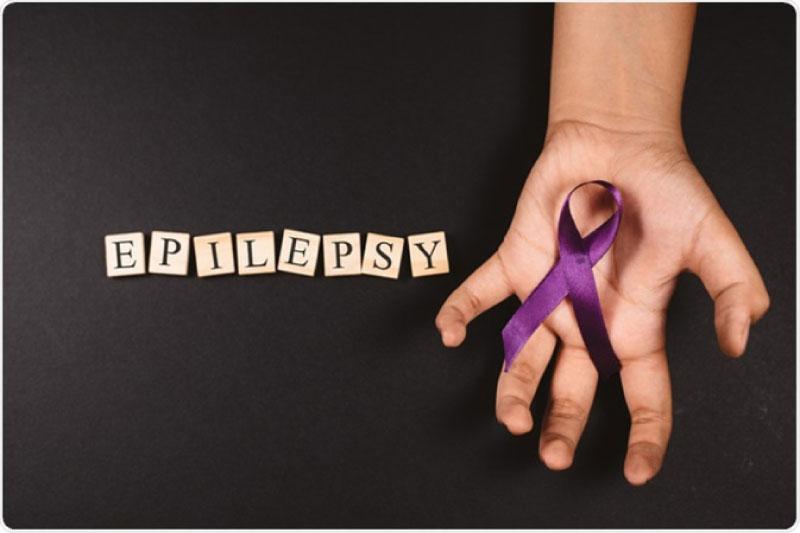11 Feb 2022 - {{hitsCtrl.values.hits}}

Epilepsy is a neurological condition involving the brain that makes people susceptible to having recurrent seizures. A seizure occurs when part of the brain receives a burst of abnormal electrical signals that temporarily interrupts normal electrical brain function. Some of the common symptoms include staring, jerking movements of the arms and legs, stiffening of the body, loss of consciousness, breathing problems or breathing stops, sudden fall due to loss of consciousness, appearing confused or in a haze among others.
The International Epilepsy Day is a global event celebrated annually on the second Monday of February, to promote awareness on epilepsy right around the world. It is an opportunity for all stakeholders to join together and speak with one global voice. The objectives for International Epilepsy Day are to: raise awareness of the disease at international and government level as well as in the general public strengthen the epilepsy movement by uniting epilepsy associations in a worldwide campaign raise visibility on epilepsy and encourage discussion about epilepsy provide epilepsy associations with a significant fundraising opportunity.
In Sri Lanka, a series of events have been organised by the Epilepsy Association of Sri Lanka (EASL), coinciding with World Epilepsy Day. A poster competition, webinar for healthcare workers to educate them on facilities available are some of the events in the lineup. The poster competition is open to children 12-18 years of age and will be open for entries till February 28. The posters should reflect a message on understanding and recognizing epilepsy. As this year’s day falls on Valentine’s Day the main idea is to spread love to people with epilepsy.
In a message, Dr. Sunethra Senanayake, Consultant Neurologist and President of EASL said Epilepsy is a non-communicable disease that require prolonged treatments. However, early identification and awareness is important as means of treating these patients equally in society. The condition is frequently seen among children, children of school-going age and teenagers although it affects people of all age groups. World Health Organisation statistics released in 2019 suggest that globally, over 5 million people have been affected by epilepsy.
20 Dec 2024 6 hours ago
20 Dec 2024 7 hours ago
20 Dec 2024 8 hours ago
20 Dec 2024 9 hours ago
20 Dec 2024 9 hours ago